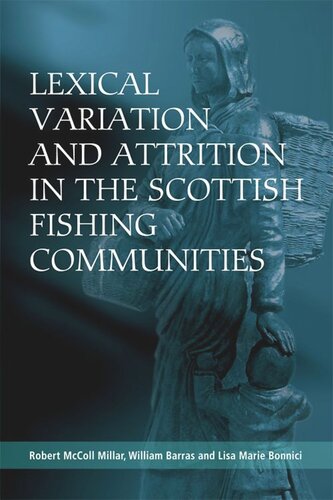

Most ebook files are in PDF format, so you can easily read them using various software such as Foxit Reader or directly on the Google Chrome browser.
Some ebook files are released by publishers in other formats such as .awz, .mobi, .epub, .fb2, etc. You may need to install specific software to read these formats on mobile/PC, such as Calibre.
Please read the tutorial at this link: https://ebookbell.com/faq
We offer FREE conversion to the popular formats you request; however, this may take some time. Therefore, right after payment, please email us, and we will try to provide the service as quickly as possible.
For some exceptional file formats or broken links (if any), please refrain from opening any disputes. Instead, email us first, and we will try to assist within a maximum of 6 hours.
EbookBell Team

0.0
0 reviewsOver the last half century many scholars have recorded, analysed and theorised language death. At the same time, many sociolinguists have considered how rapid and dependable transport, mass education and increasingly globalised work patterns have affected how dialects in industrial and post-industrial societies are constructed and perceived; more often than not, these changes have been detrimental to the integrity of traditional dialects. The forces involved are most perceptible in loss of local lexis; this has been barely touched upon in the literature, primarily because the study of lexical variation and change has proved considerably more problematical in methodological terms than its phonological and morphosyntactic equivalents. This book considers these theoretical and methodological issues in relation to a representative sample of fishing communities along Scotland’s east coast, in most of which the trade is now moribund. Can the lexical variation and change found in these communities be perceived as primary evidence for dialect death?